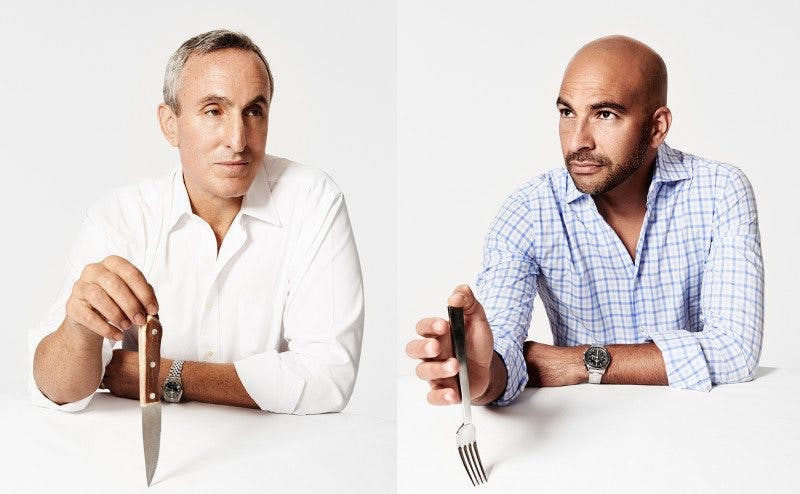Why are we fat? The multimillion-dollar scientific quest to find out
Why are more and more people fat? The conventional view that it’s all about calories (eat less, run more) remains unproven and it doesn’t work very well.
Gary Taubes and Peter Attia are on a quest for the answer to the question. Is it only about calories or is it just as much about the quality of the calories? Is it about carbohydrates and their hormonal effects?
The sad truth is that we don’t know with certainty yet. At least not with enough certainty, so that all of those who are able to rethink, would be willing to accept the evidence. To really find the answer will be expensive, very expensive. This requires bigger and more carefully done studies than what have been done so far.
Fortunately, Taube’s and Attia’s non-profit organization NuSI has already acquired $40 million in donations and is trying to get an extra $190 million to finance the studies needed. Three big studies are already going on.
Read this excellent article about the quest for answers:
WIRED: Why Are We So Fat? The Multimillion-Dollar Scientific Quest to Find Out
Previously
A Calorie Isn’t a Calorie – Not Even Close
Why We Get Fat – Interview with Gary Taubes
